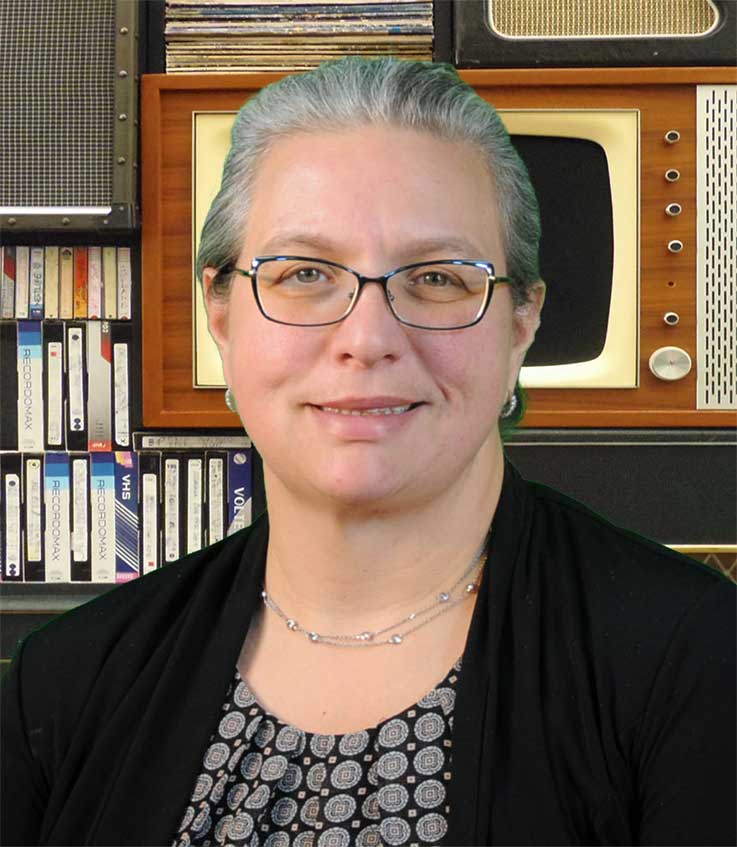On March 6, 2021, 14 students from the Eberly College of Business and Information Technology joined staff, administrators, and a faculty member for the United Collegiate Women's Leadership Virtual Conference 2021.
Attendees included: Allison Wolfe, Sarina Steigerwald, Miranda Federinko, Jianna Kole, Kylee Ulery, Yuxin Deng, Melissa Brooks, April Murdick, Kacy McKeel, Michaela Elsen, Lauren Piecknick, Jhoanna Aguilera Lemus, and Melanie Coleman. In addition, Cyndy Strittmatter, Maureen Bash, Rebecca Stapleton, and Tracy Van Hort Juart joined from the Eberly team.
The conference included a wide range of workshops on key issues in higher education, such as:
- State of Women's Voices and Leadership on Campus and Beyond
- Implicit Bias in Higher Education: What Students Need to Know
- Where's My Lane? - Social Justice and Where YOU Fit In
- Striving Towards Serving as a White Ally - Actions Speak Louder than Words
- No More Drama: Using Restorative Practices in Social Justice Work
- Programming and Planning: Creative Effective Diversity Programs
 Sarina Steigerwald indicated that the conference was an amazing experience and opportunity to connect and listen to so many women. In the session on "Where's My Lane? Social Justice and Where You Fit In," Sarina had the opportunity to talk with people from other universities and backgrounds about their own experiences around social justice.
Sarina Steigerwald indicated that the conference was an amazing experience and opportunity to connect and listen to so many women. In the session on "Where's My Lane? Social Justice and Where You Fit In," Sarina had the opportunity to talk with people from other universities and backgrounds about their own experiences around social justice.
"During the program, I learned how I could advocate for social justice and inclusiveness on our own campus," said Steigerwald. "The conversation brought up a lot of discussion regarding the fact that many of us are facing the same issues across campus with low student engagement, trying to determine how to encourage students to participate, recognition that there is a lack of broader participation in student groups geared toward specific race or ethnicity, and how COVID-19 has set back the progress that students were making in organizations. I gained insight on how to better attract and lead others to achieve a better feeling of community and social justice."
Yuxin Den appreciated the session on carefrontation. "The first thing that the speaker wanted us to ask ourselves was the difference between confrontation and conflict. The answer she gave to us was a conflict is a disagreement, often violent, between two opposing groups or individuals, and a confrontation is the direct expression of one's view of the conflict situation. After understanding the difference, she showed us the pin model of conflict, which were positions: what we state that we want, interests: what we really want, and needs: what we must have. If we know what we want and what others want, we have the chance to avoid conflicts easily.
"Dr. Cole also gave us tips for carefrontation as well. She brought up a common problem that almost everyone had for confrontation, which is the fear of hurting someone else's feelings. She awakened a lot of us who were in the darkshe said that if we really care about other people's feelings, we will reflect our own behaviors and make a change instead of just being afraid and never change. If we want to start carefrontation, we need to clarify the meaning behind the statement or behavior and not to respond from a place of anger frustration, which can be ways to prevent conflicts. Even though it can be hard to start, practice makes it permanent.' I learn to actively listen, seek to understand the person's behavior, and give grace to the person before I confront my feelings to that person."
Jhoana Aguilera Lemus enjoyed the workshop titled "Trust Hurts: Your 100% Enough, Facing Imposter Syndrome in Leadership." "The workshop started off by defining the words imposter and oppressed," said Lemus. "Imposter for women as a group meant that you are in a position that you don't think you deserve. Oppressed is when you think that your voice isn't being heard or your work isn't being acknowledged. You can feel like you are an imposter, and despite your achievements you don't feel like you deserve them. You can feel out of place in a leadership position because you are being oppressed. We discussed different methods for our voices to be heard, such as having the courage to speak up not only for ourselves, but for other women."
 Melissa Brooks attended the same workshop as Jhoana and learned a lot from this session as well. "The workshop included information regarding the fact that women of color have to work twice as hard to feel that they are meeting expectations, and feel that their work needs to be perfect or garner the same support of colleagues." In the discussion related to imposter syndrome, Brooks learned that feelings of anxiousness, being under-supported, anger, isolation, and jealousness can result from feeling that you are not deserving of recognition.
Melissa Brooks attended the same workshop as Jhoana and learned a lot from this session as well. "The workshop included information regarding the fact that women of color have to work twice as hard to feel that they are meeting expectations, and feel that their work needs to be perfect or garner the same support of colleagues." In the discussion related to imposter syndrome, Brooks learned that feelings of anxiousness, being under-supported, anger, isolation, and jealousness can result from feeling that you are not deserving of recognition.
Cynthia Strittmatter, associate dean, oversees the Eberly Women's Leadership Program. "I am very proud of the students who volunteered to attend this all-day conference to explore critical issues in higher education and leadership."
The program was supported through the funding from the Eberly Women's Leadership Program.